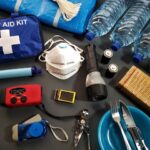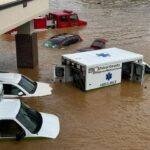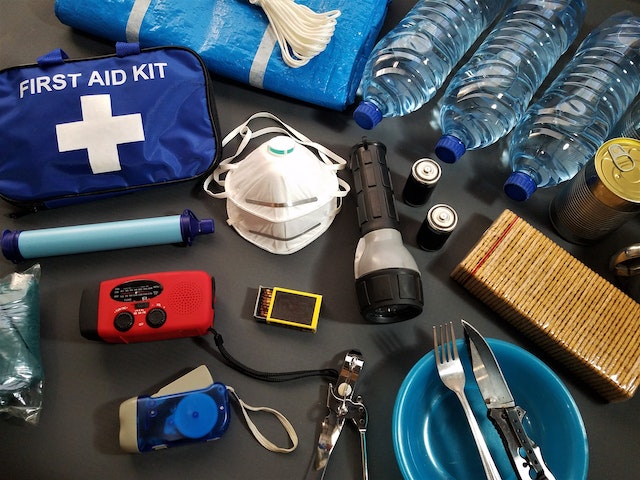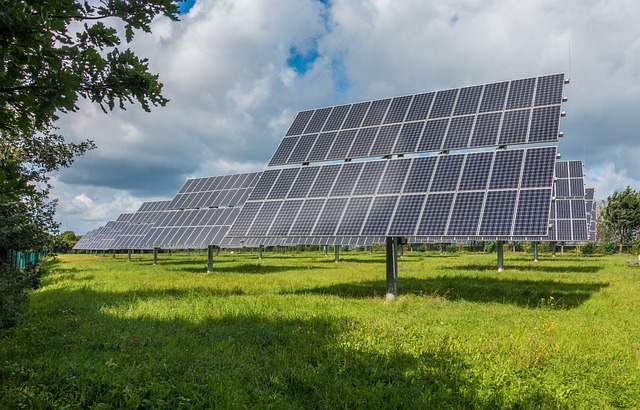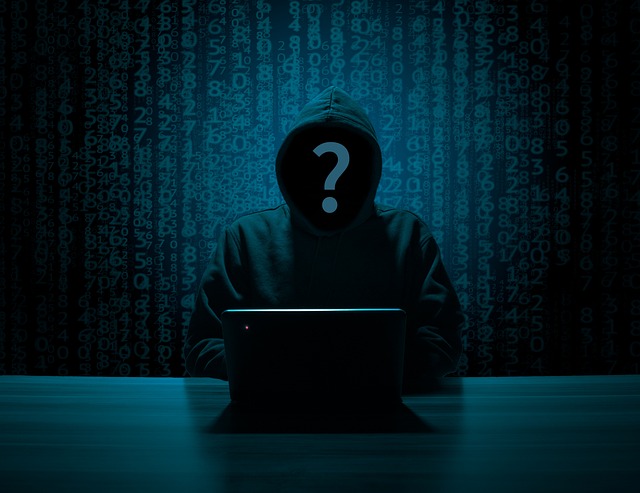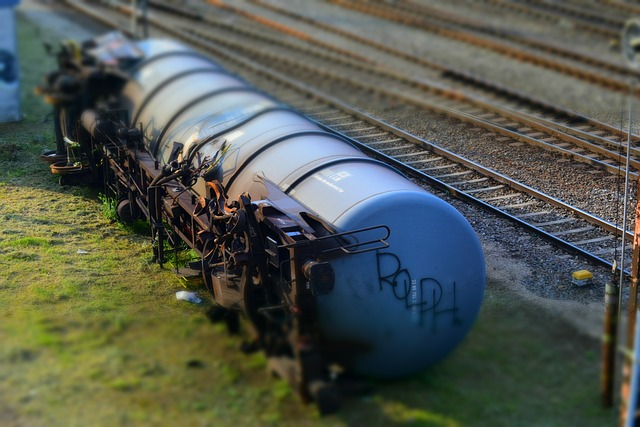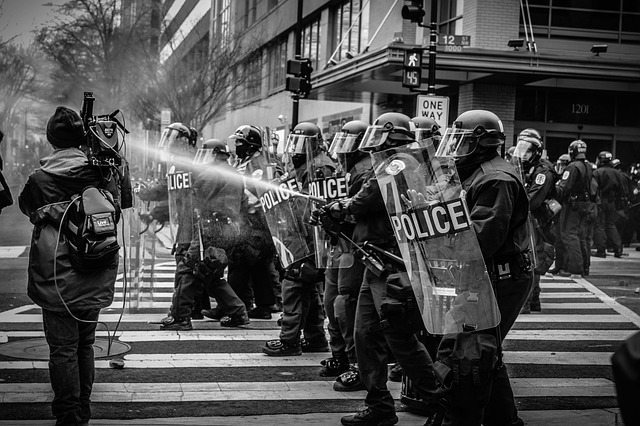
Problem: Civil Unrest
Scope: Local, Regional
Impact: Minor, Major (Depending on severity)
Dangers (not limited to): Building Fires, Vandalism, Personal Injury, Death
Preps (not limited to): Plan, Harden your home, Stock up on supplies, Self-defense weapons
Civil unrest is a term used to describe a situation where a large group of people engages in public disturbances such as protests, riots, or other forms of violent or nonviolent behavior. It is a growing concern in many parts of the world, and the recent events in various cities across the globe have made people realize how important it is to be prepared for such situations.
In this article, we will discuss the dangers of civil unrest and how you can prepare yourself and your family for such situations.
Dangers of Civil Unrest
Civil unrest can occur for a variety of reasons, such as political or economic turmoil, social injustice, or racial tensions. Regardless of the cause, it can be a dangerous and chaotic situation that puts people’s safety and well-being at risk. Some of the dangers of civil unrest include:
- Violence: Civil unrest can quickly turn violent, with protesters throwing rocks, bottles, and other objects at police officers and bystanders.
- Looting and Vandalism: In some cases, protests can lead to looting and vandalism of stores and businesses in the area. This could impact critical businesses in the community such as grocery stores and gas stations.
- Unpredictability: Civil unrest can be unpredictable and sporadic, making it difficult to anticipate where it will occur next.
- Police Response: Police may respond to civil unrest with force, using rubber bullets, tear gas, or even live ammunition to disperse the crowds.
- Disrupted Services: Civil unrest can disrupt essential services such as public transportation, healthcare, and emergency response.
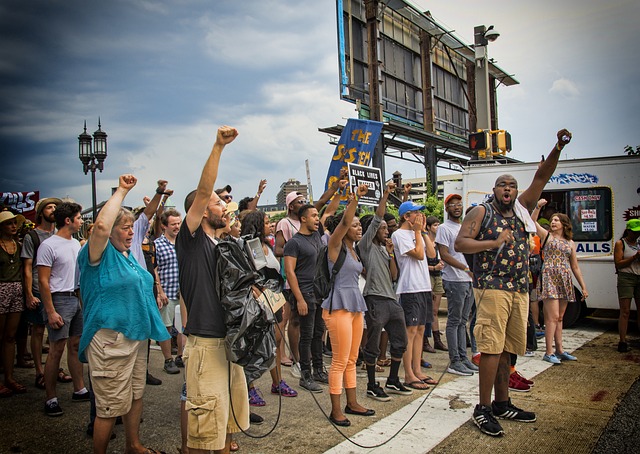
Preparing for Civil Unrest
While it’s impossible to predict when civil unrest may occur, there are steps you can take to prepare yourself and your family for such situations. Here are some tips:
- Stay Informed: Keep up with the news and be aware of any potential threats in your area.
- Have a Plan: Develop a family emergency plan that outlines what to do in case of civil unrest, including where to meet and how to communicate.
- Prepare Your Home: Secure your home by installing deadbolts, reinforcing windows, and creating a safe room where you can retreat in case of an emergency. Install a surveillance camera system so you can see what’s going on outside your home, without exposing yourself. Consider getting a dog: protective dogs can be an early warning system and an effective deterrent to people looking for an easy target.
- Stock Up on Supplies: Have a stockpile of essential supplies such as food, water, and medical supplies to last at least 72 hours. You do not know how long the unrest itself or the fallout from the unrest will impact your family. If you can survive the first 72 hours, your chance of long-term survival go up dramatically.
- Stay Connected: Keep your phone charged and have backup batteries or power banks in case of power outages. Consider quality two-way radios or a HAM radio to connect to the outside world. Have a battery or solar-powered AM/FM radio to receive news from local and national sources.
- Avoid Crowds: Stay away from areas where protests or riots are taking place, and avoid large crowds.
- Stay Calm: During civil unrest, it’s essential to stay calm and avoid any confrontations that could escalate the situation.
- Consider Self-Defense: If you feel unsafe, consider learning self-defense techniques or carrying self-defense tools such as pepper spray, or something more lethal.
Conclusion
Civil unrest can be a frightening and dangerous situation, but by taking steps to prepare yourself and your family, you can increase your chances of staying safe. Stay informed, have a plan, and stock up on essential supplies to ensure you’re ready for any emergency that may come your way. Remember to stay calm, avoid confrontations, and prioritize your safety and the safety of those around you.
It is our mission to educate, equip, and empower everyday ordinary civilians to understand, prepare for, and survive any emergency they face. We cannot rely on the government to take care of us. We must take it upon ourselves to provide for and protect ourselves and our families.



